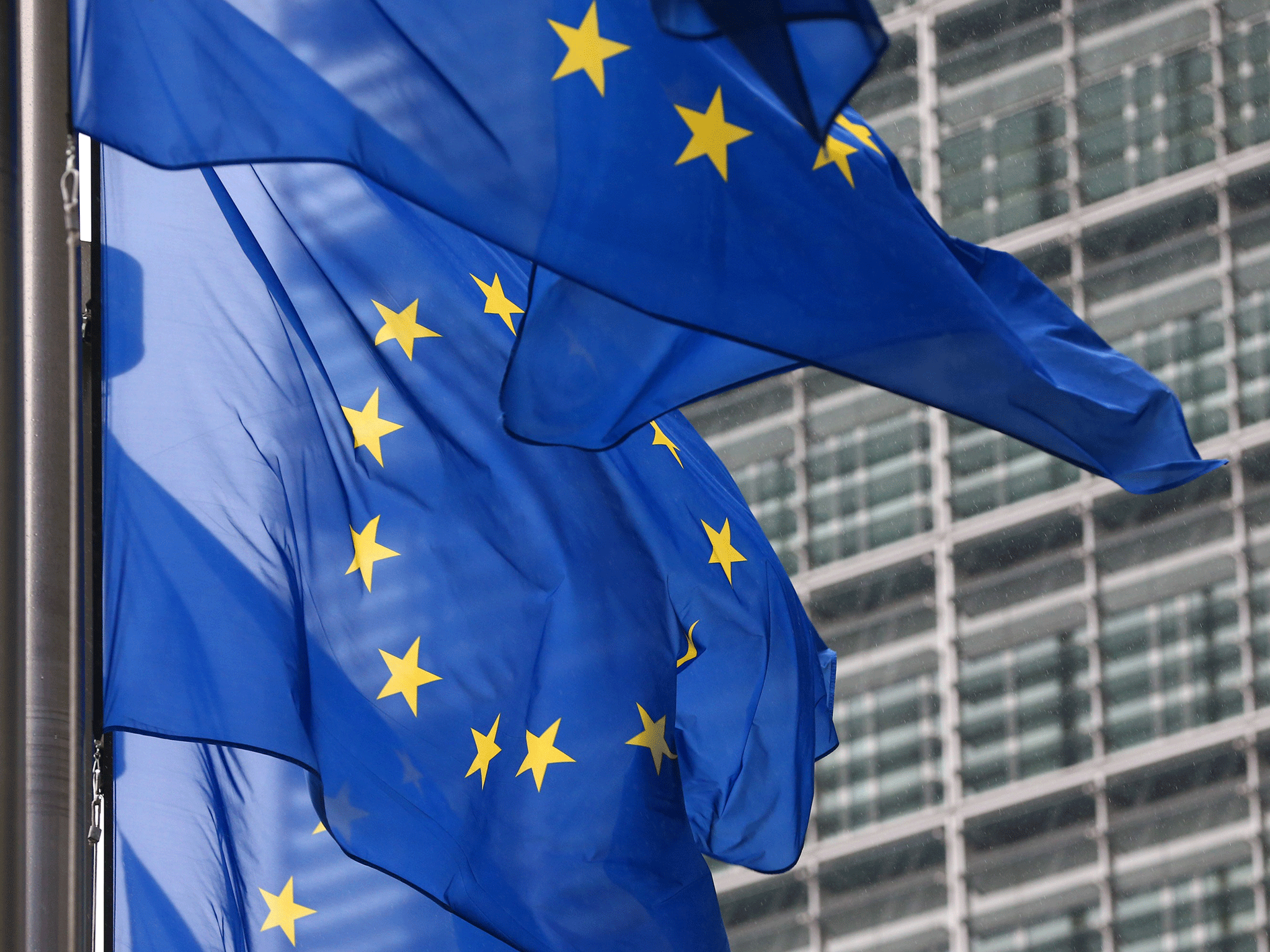TTIP controversy: Secret trade deal can only be read in secure 'reading room' in Brussels
The European Commission is increasing security of the TTIP text following leaks

The European Commission is making the secret Transatlantic Trade and Investment Partnership (TTIP) trade deal even more secret, introducing a new rule that means politicians can only view the text in a secure 'reading room' in Brussels.
An investigation by German news site Correct!v has revealed that the Commission is cracking down on TTIP security following a series of leaks, purportedly by EU member states who had accessed information on the deal electronically.
EU Trade Commissioner Cecilia Malmström has said that no more reports on TTIP negotiations will be sent to Member States because of "important vulnerabilities in the last rounds of negotiations".
Officials were told of this change in policy on July 24th at a meeting in Brussels in which the Commission explained that the documents had "been submitted to databases of [member states'] national parliaments" meaning that "hundreds of people have actually uncontrolled access".
And so the Brussels 'reading room' appears to be the solution, where national and EU representatives will have to go if they want to find out what's happening to the TTIP text.
It's not just TTIP that is taking such extreme measures. The US-Asia equivalent, the Trans-Pacific Partnership (TPP), has a similar super-secure reading room.
Robert Smith, host of the Planet Money podcast on NPR, said: "In Washington DC they love secrecy, but even by Washington standards this amazed me.
"In the basement of the US capitol, there is a room, a locked soundproof room, and the only people allowed in this room are US senators, and they can't bring their assistants, they can't bring their phones, they can't even take notes in there.
"Inside this room is not the codes for our nuclear weapons, it's not CIA files, it's not the documents that tell us an alien landed in Roswell. No, in this room is the text of a trade deal."
Smith's astonishment at the extent of the security is shared by European politicians about the Brussels reading room.
Leading German politician Norbert Lammert told Correct!v: "I do not agree with this decision. Confidentiality is also possible transmission by electronic means."
Germany's Federal Ministry of Economic Affairs stated that the Commission's decision was "counterproductive".
Klaus Ernst, a German MP who sits on the Economic Committee of the Bundestag, said: "This operation is simply unacceptable. The EU Commission has completely become independent, while it is also negotiating on behalf of the Member States."
The Commission has denied restricting access to the TTIP text.
According to the Correct!v investigation the Commission has said the reading room is only a temporary measure.
It has said that a 'secure transmission system' will be set up by the end of the year.
There had been concerns that smaller countries like Cyprus and Austria "had no resources to sift through the documents in the reading room in Brussels".